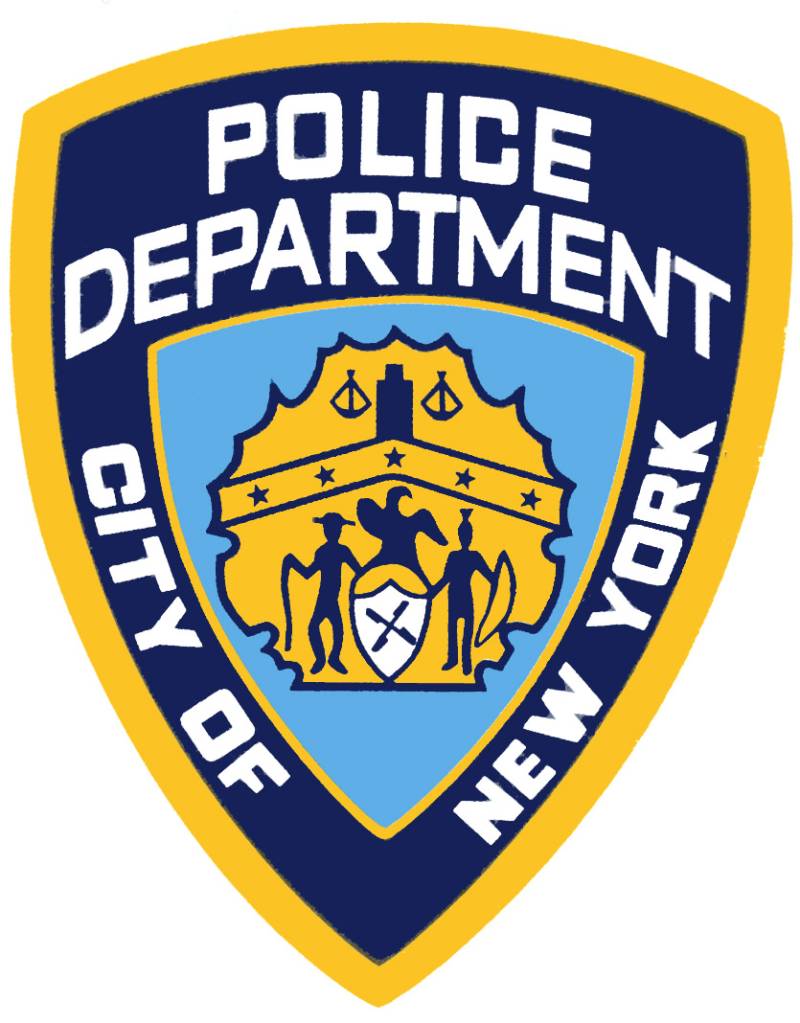NEW YORK- The New York Police Department has abandoned a secretive program that dispatched plainclothes detectives into Muslim neighborhoods to eavesdrop on conversations and built detailed files on where people ate, prayed and shopped, the department said.
The decision by the nation’s largest police force to shutter the controversial surveillance program represents the first sign that William J. Bratton, the department’s new commissioner, is backing away from some of the post-9/11 intelligence-gathering practices of his predecessor. The Police Department’s tactics, which are the subject of two federal lawsuits, drew criticism from civil rights groups and a senior official with the Federal Bureau of Investigation who said they harmed national security by sowing mistrust for law enforcement in Muslim communities, a report in The New York Times said today.
To many Muslims, the squad, known as the Demographics Unit, was a sign that the police viewed their every action with suspicion. The police mapped communities inside and outside the city, logging where customers in traditional Islamic clothes ate meals and documenting their lunch-counter conversations. “The Demographics Unit created psychological warfare in our community,” said Linda Sarsour, of the Arab American Association of New York. “Those documents, they showed where we live. That’s the cafe where I eat. That’s where I pray. That’s where I buy my groceries. They were able to see their entire lives on those maps. And it completely messed with the psyche of the community.”
After years of collecting information, however, the police acknowledged that it never generated a lead. Mr. Bratton has said that he intends to try to heal rifts between the Police Department and minority communities that have felt alienated as a result of policies pursued during the Bloomberg administration. The Demographics Unit was one aspect of a broad intelligence-gathering effort. In addition, informants infiltrated Muslim student groups on college campuses and collected the names, phone numbers and addresses of those who attended. Analysts trawled college websites and email groups to keep tabs on Muslim scholars and who attended their lectures.
The police also designated entire mosques as suspected “terrorism enterprises,” a label that the police claimed allowed them to collect the license plate numbers of every car in mosque parking lots, videotape worshipers coming and going, and record sermons using informants wearing hidden microphones.
Thursday, April 18, 2024
New York police disband unit that spied on Muslims: NYT

Caption: New York police disband unit that spied on Muslims: NYT
1:55 PM | April 18, 2024
Stefanos Tsitsipas advances in Barcelona
4:19 PM | April 18, 2024
Met Office predicts more rains across country till April 29
2:51 PM | April 18, 2024
Punjab changes school timings for summer season
1:55 PM | April 18, 2024
Enemies of Pakistan are unable to digest investment in the country: Ataullah Tarar
1:29 PM | April 18, 2024
IHC restores Bushra Bibi's appeal for shifting to Adiala Jail from Bani Gala
1:24 PM | April 18, 2024
Hepatitis Challenge
April 18, 2024
IMF Predictions
April 18, 2024
Wheat War
April 18, 2024
Rail Revival
April 17, 2024
Addressing Climate Change
April 17, 2024
Justice denied
April 18, 2024
AI dilemmas unveiled
April 18, 2024
Tax tangle
April 18, 2024
Workforce inequality
April 17, 2024
New partnerships
April 17, 2024
ePaper - Nawaiwaqt
Advertisement
Nawaiwaqt Group | Copyright © 2024





